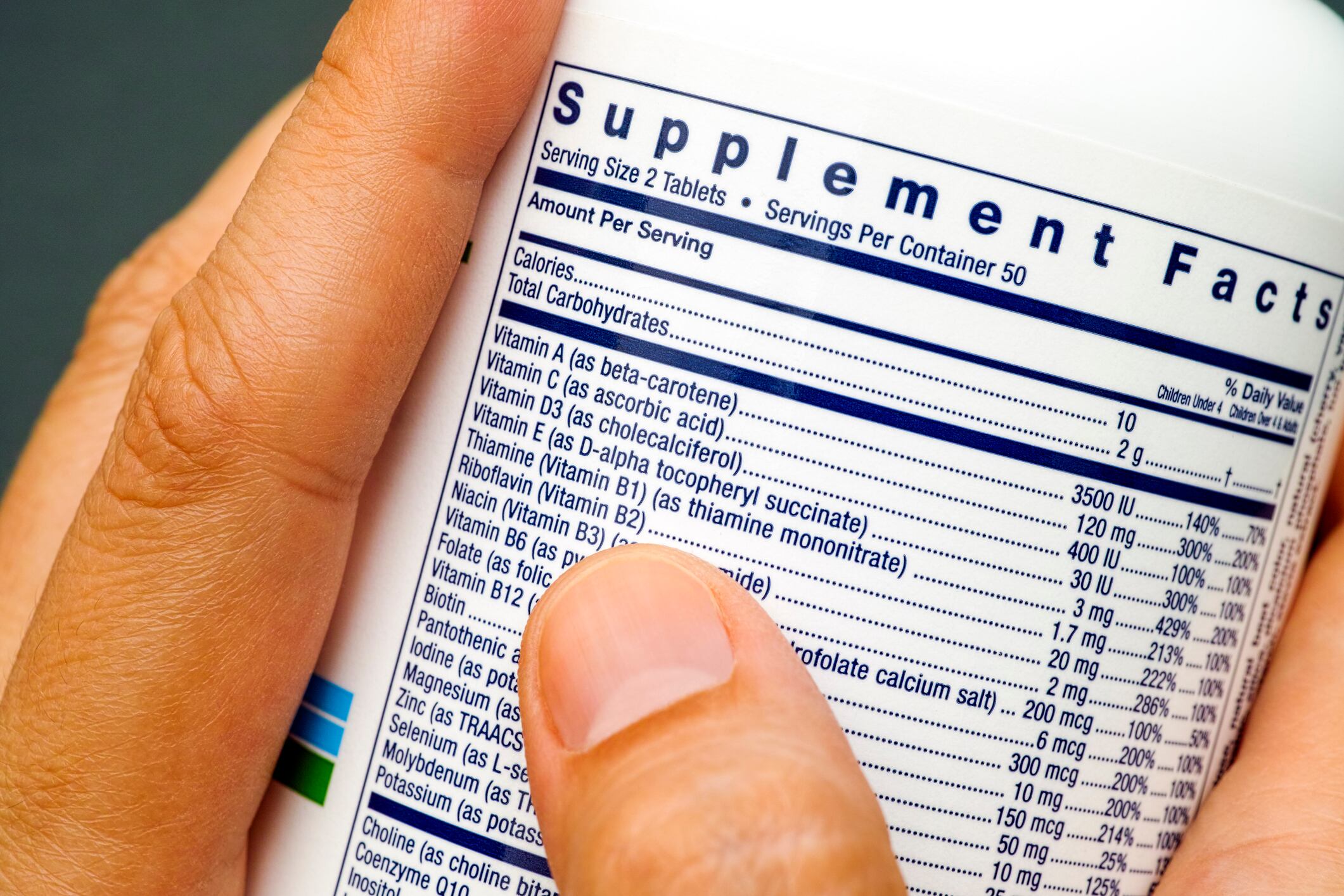In a presentation at Food Ingredients Europe (FiE) in Paris last week, Mintel's associate director Rick Miller warned attendees that the sports nutrition (SN) industry needs a serious perception revamp if it is to survive in this increasingly honesty-conscious market.
He revealed Mintel data showing that 48% of UK consumers who haven't used SN are very sceptical about the products’ benefits and 69% of US SN consumers agree that they contain too many artificial ingredients, showing a perception revamp is needed to create a more 'clean label' image and regain consumer confidence.
But he conceded this is a confusing and ambiguous term which needs explaining.
“Clean label is about what else the company is doing to act in a clean and sustainable way," he explained. "Consumers are not just buying brands because of the name on the pack, they think these brands say something about who they are.
“If sports nutrition brands aren’t talking about what they are doing to control their impact on the environment, this reflects badly. Therefore ethical and environmental claims on pack – sustainability, recycling, organic and traceability - are growing.”
Mintel’s data shows that 46% of UK consumers believe that ‘clean label’ means ‘good for you’ and 24% believe it means the product is highly nutritious and Miller told his audience that those perceptions are similar across the globe.
Product overhaul
But Miller explained that SN's consumer perception is as far from ‘clean label’ as possible and he suggested the best way to change this was to totally redesign products, ensuring all ingredients in products are clearly stated on pack.
"Proprietary blends are a commonplace in sports nutrition but yet consumers want information about how products are made and the processing techniques/ingredient sourcing on pack.
"You should really consider whether products would be perceived more favourably without them. Consumers are more keen to test a product if they know what ingredients are in that product.”
Building trust
Providing an example of a sports nutrition brand ensuring they cover this base, Miller said the UK based brand Tribe has set up its own charity called Run for Love which is trying to fight modern slavery and money from every sale goes towards this charity.
He said it's thanks to the brand's effective communication of these efforts that the growth of this company has been 'astronomic'.
Miller pointed out that products can't rely on their plant-based credentials to win them sustainability points as consumers are looking at the environmental impact of every ingredient individually.
This is exemplified by the drop in interest in soy products as consumers are aware that the conversion of forests to soy plantations in the Amazon threatens the climate.
“Despite the plant-based protein trend, soy products have not benefited from this claim. A sizeable 40% of UK consumers who have used sports nutrition products in the last three months said they avoid soy protein.
“Whereas other plant-based proteins are growing so soy is going to be kicked out unless it innovates or improves its image.”
Trustworthy spokespeople
According to Mintel's data, 30% of UK consumers say they would still go to a doctor for health care advice despite doctors not getting much, if any, nutrition training so they still hold a lot of trust with consumers, Miller revealed.
He suggested that as a lot of the ‘clean’ perception comes from trust, there’s opportunity for health experts to enter the retail space in order to help sell functional food and drink.
“As trust is a reason sports nutrition is degrading this is an area where doctors can help.”
Transparency
Providing an example of a company offering the ultimate in transparency, Miller pointed out that Vejo, the ‘world’s first pod-based blender’, offers capsule based functional ingredients with blockchain technology in the lid allowing consumers to see exactly how ingredients in their product have been sourced.
“The brand was set up by a medical doctor and it encompasses everything needed for ‘clean label perception: traceability and trustworthiness.”


